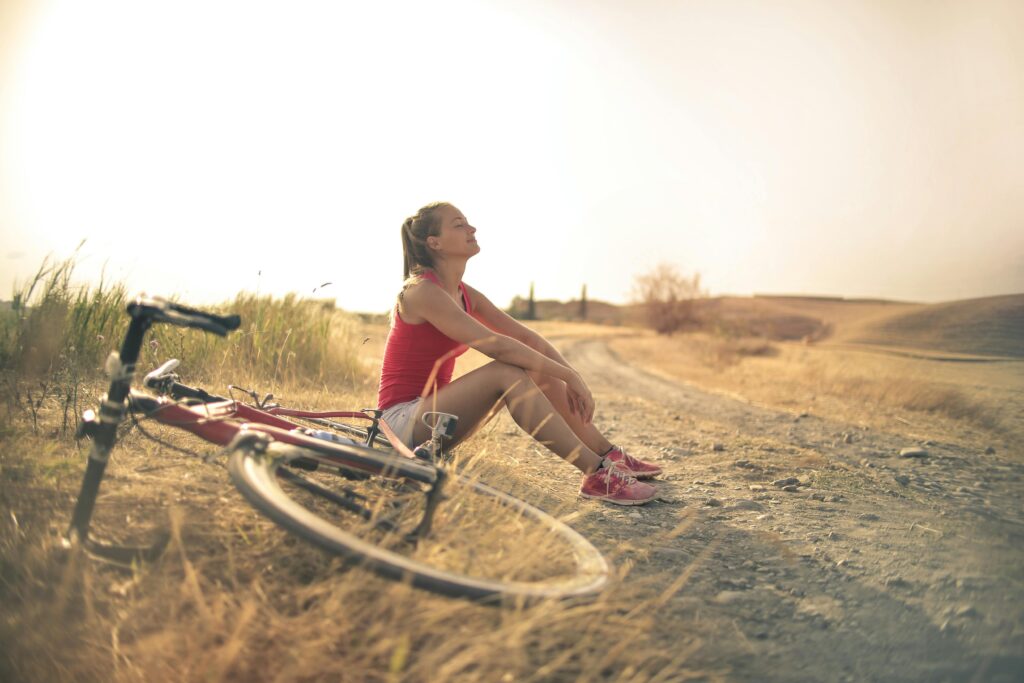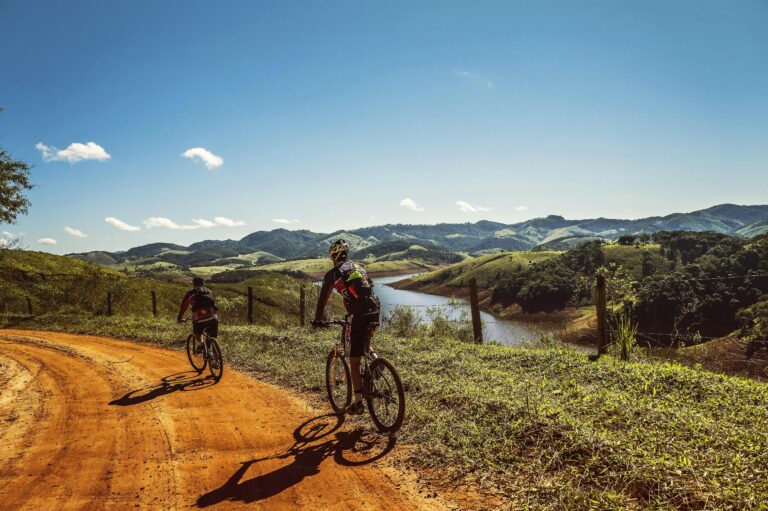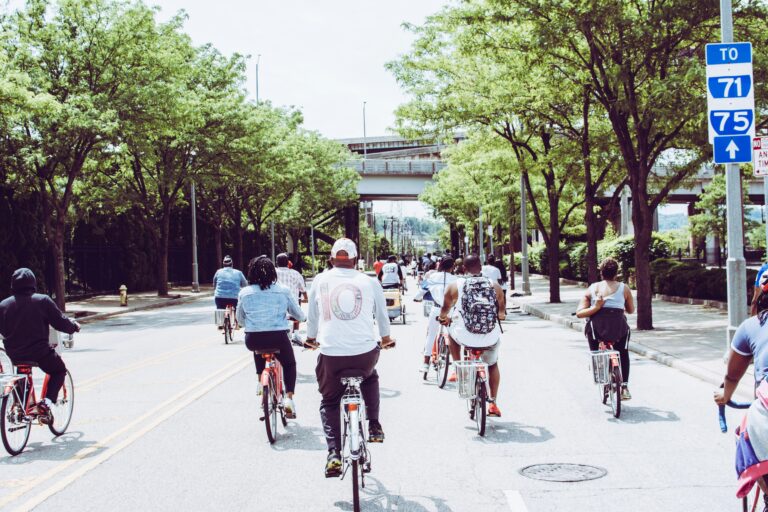Internal Monologue of a Potential New Cyclist

Chapter 5: The Voice in Her Head
The following days were… challenging. Eleanor wanted to practice, she really did. But every time she wheeled her bike out of the garage, a wave of anxiety washed over her. It wasn’t the physical act of riding that scared her, it was the fear of falling, of looking foolish, of failing.
The voice in her head was relentless. “You’re too old to learn this,” it whispered. “You’re going to embarrass yourself. You’ll fall and break something. Just give up.”
She’d manage a few wobbly pedal strokes, then the voice would get louder, her grip would tighten on the handlebars, and she’d come to a screeching halt, her heart pounding. She’d end up walking the bike back to the garage, feeling defeated and frustrated.
She tried to analyze what was going on. It wasn’t just about cycling. It was about a pattern she’d noticed throughout her life – a tendency to avoid challenges, to play it safe, to let fear dictate her choices. She’d always been a perfectionist, afraid of making mistakes. Learning to ride a bike, with its inherent instability and potential for mishaps, felt like a direct attack on her carefully constructed comfort zone.
She remembered Lisa talking about the importance of mindset during the first class. “Cycling is as much mental as it is physical,” Lisa had said. “You have to believe you can do it, even when it feels impossible.”
Easier said than done, Eleanor thought.
One afternoon, she decided to try a different approach. She chose a quiet, empty parking lot and focused not on avoiding falling, but on accepting the possibility. She reminded herself that falling was a natural part of learning, that everyone makes mistakes.
She started slowly, focusing on her breathing and maintaining a relaxed posture. She pedaled around the parking lot, deliberately practicing the skills she’d learned in class – steering, braking, shifting gears.
She wobbled, she swerved, and yes, she even fell. But this time, it was different. She didn’t panic. She didn’t beat herself up. She simply got back on her bike, brushed herself off, and kept going.
The voice in her head was still there, but it was quieter now, less insistent. She started to challenge its negative thoughts, replacing them with positive affirmations. “I am capable,” she told herself. “I am learning. I am getting stronger.”
She practiced for over an hour, gradually gaining confidence and control. She even managed to navigate a small obstacle course she’d set up using cones.
As she wheeled her bike back to the garage, she felt a sense of accomplishment she hadn’t experienced in years. It wasn’t about mastering the art of cycling, it was about overcoming her fear, about challenging her limiting beliefs, about proving to herself that she was capable of more than she thought.
She realized that learning to ride a bike wasn’t just about physical skill, it was about mental resilience. It was about embracing the journey, accepting the setbacks, and celebrating the small victories. And that, she knew, was a lesson that would stay with her long after she’d mastered the art of two-wheeled travel.


